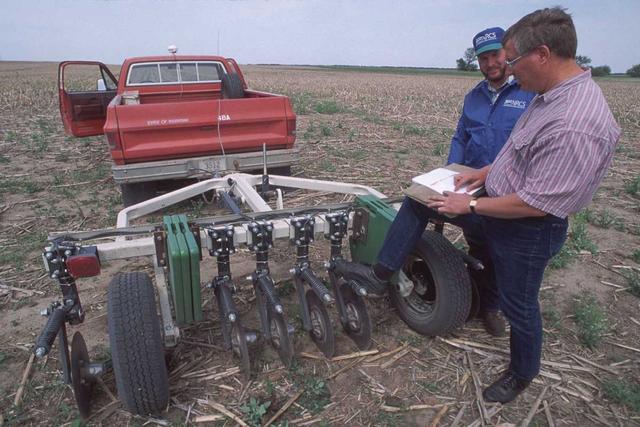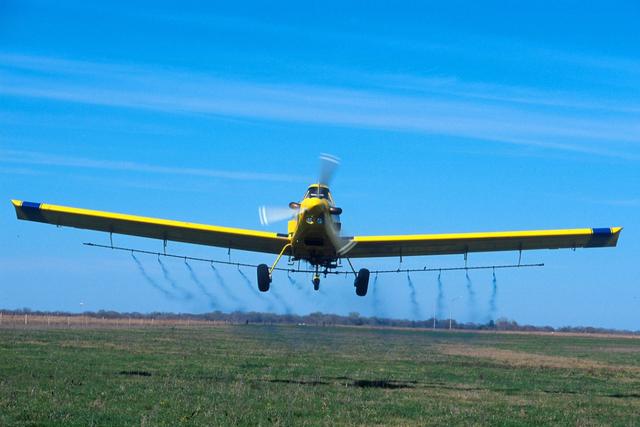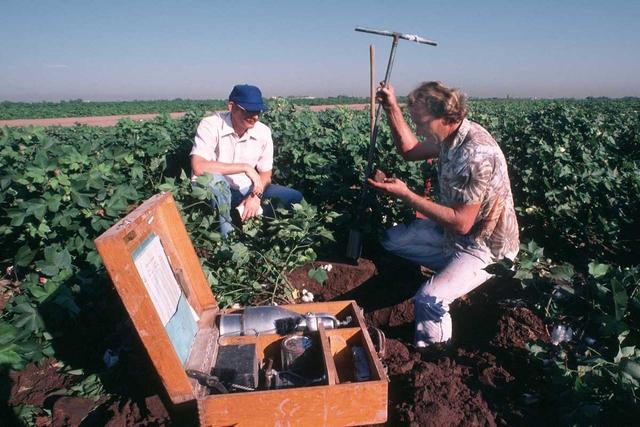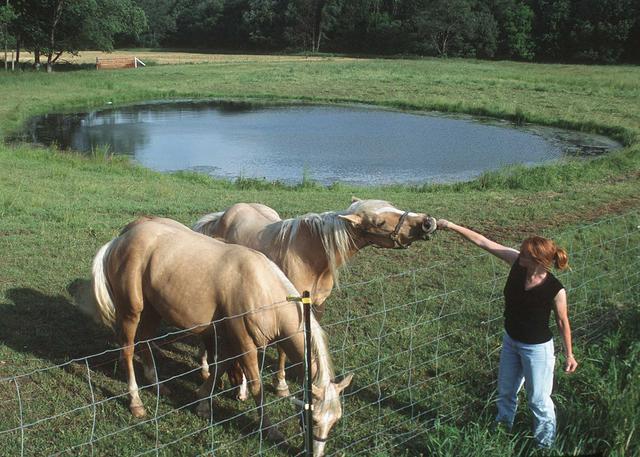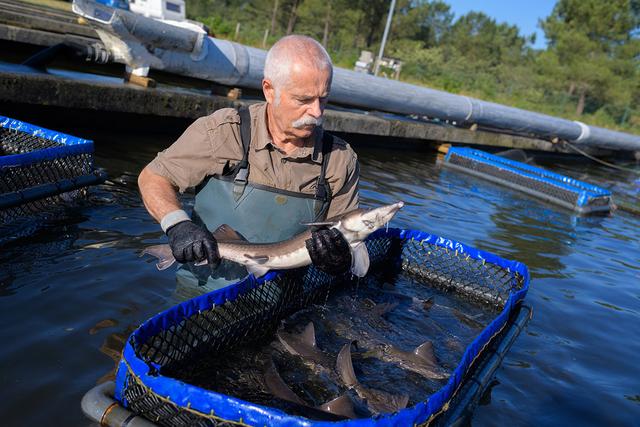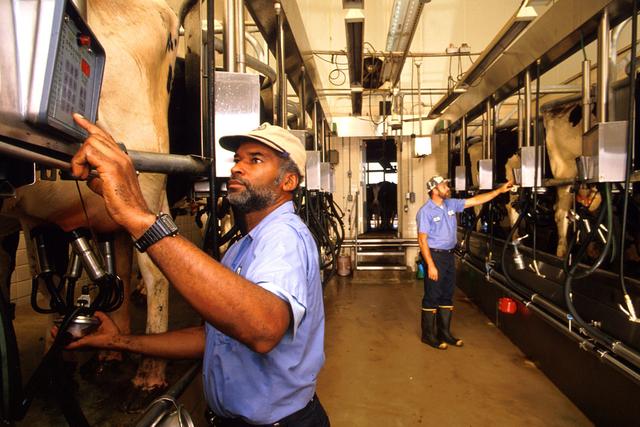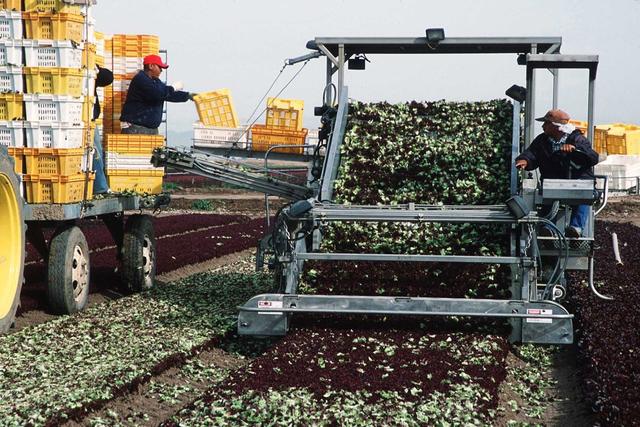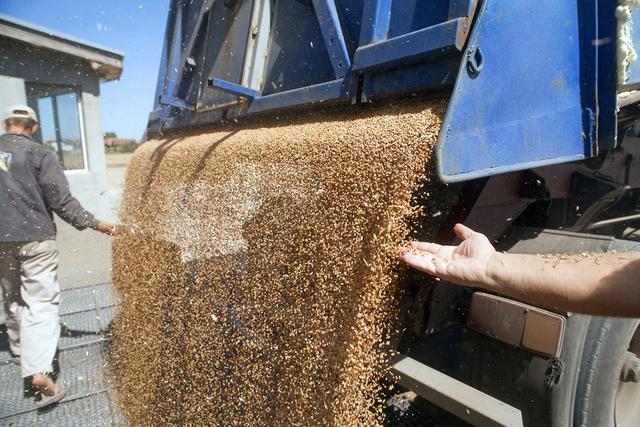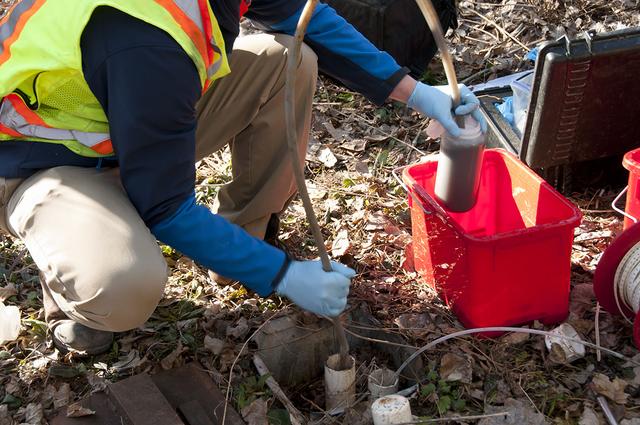Agricultural Consultants
Overview

Introduction
Agricultural Consultants are also known as Agricultural extension service workers. They are situated in rural communities and function as informative resources for farmers. They offer guidance on various topics, ranging from agricultural technology to issues modern rural families face. These workers are employed by the U.S. Department of Agriculture (USDA), a state Department of Agriculture, or local agricultural colleges. Their role is to advise farmers on improved methods of agriculture, including farm management, crop ro...
Quick Facts
Median Salary
Employment Prospects
Minimum Education Level
Experience
Skills
Personality Traits
Earnings
According to ZipRecruiter, as of July 2024, the median base salary for an agricultural consultant is $86,430 per year. The lowest paid is $21,500 per year, and the highest earned is $181,000 per year. The Occupational Outlook Handbook reports earnings for agricultural scientists ranged from below $46,010 for the lowest paid 10 percent to a median of $76,400 and above $129,560 for the highest pa...
Work Environment
The nature of this job can be very demanding, both mentally and physically. Agricultural consultants may require assistance while working in the field for extended periods. Their work may involve spending several weeks in the office handling routine tasks, followed by six weeks of not working in the office. Typically, consultants have a private office where they can speak confidentially with in...
Outlook
The work of agricultural consultants is, naturally, heavily dependent on the employment of farmers and farm managers, and the U.S. Department of Labor predicts employment for these workers to decline by 5 percent through 2032. As farms consolidate and there are fewer families, the need for agricultural consultants may also decline. However, consultants may find opportunities working with rural ...


